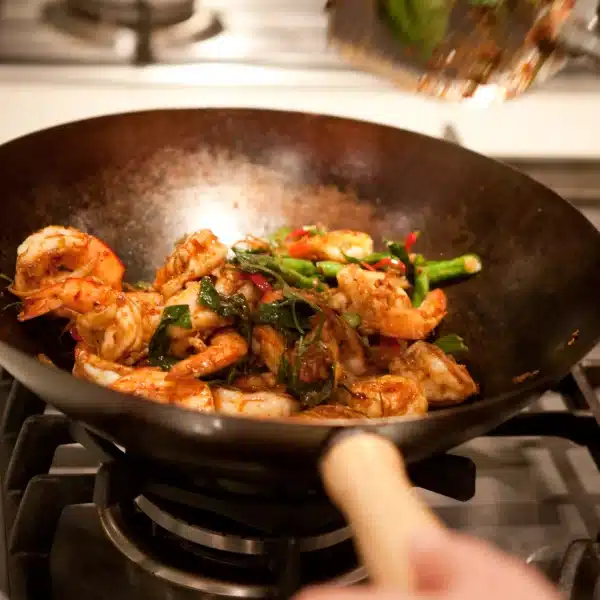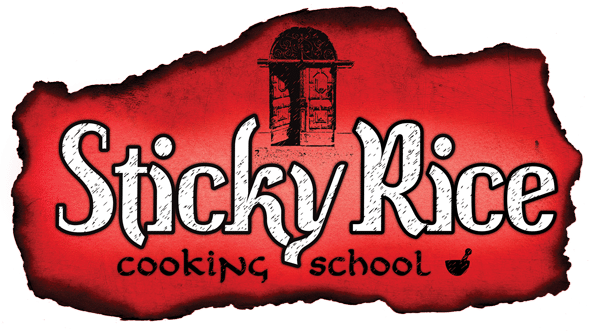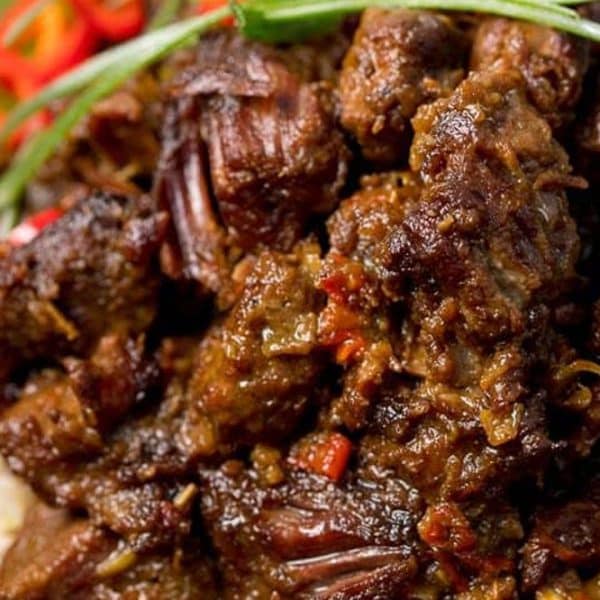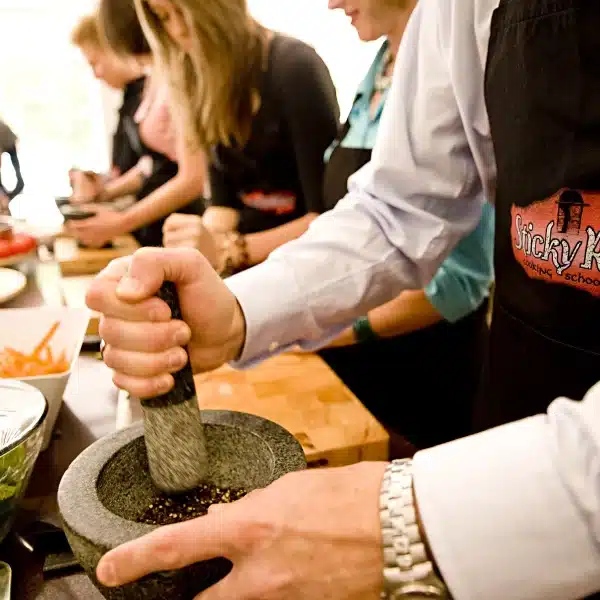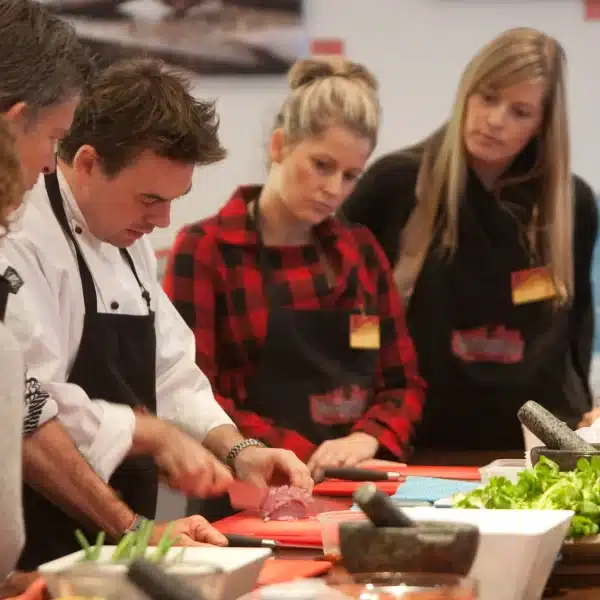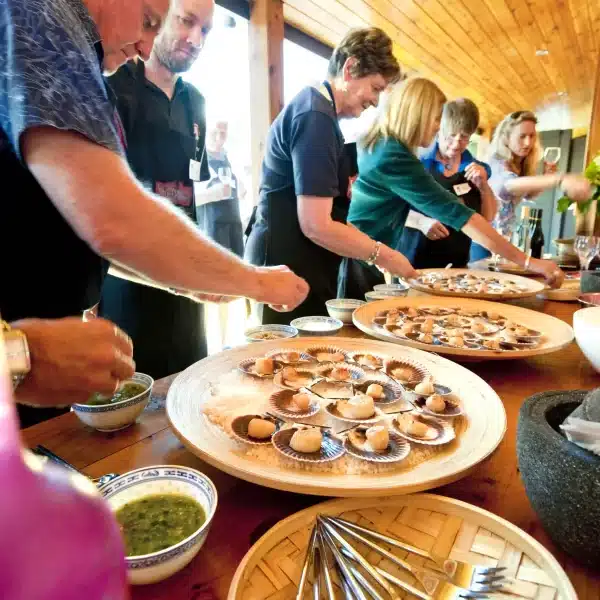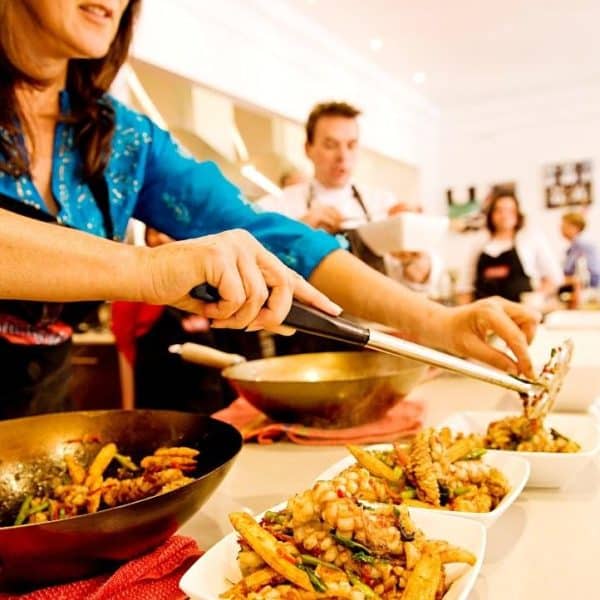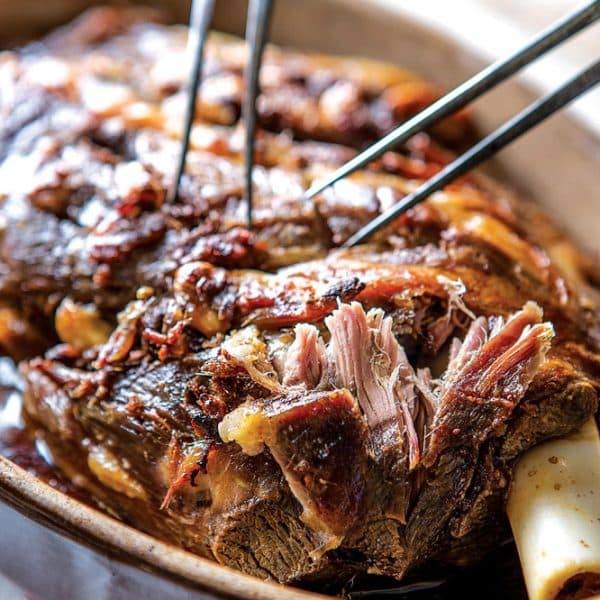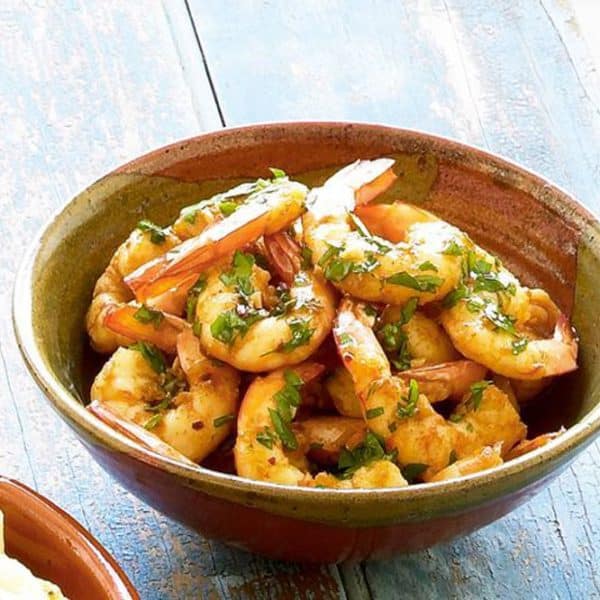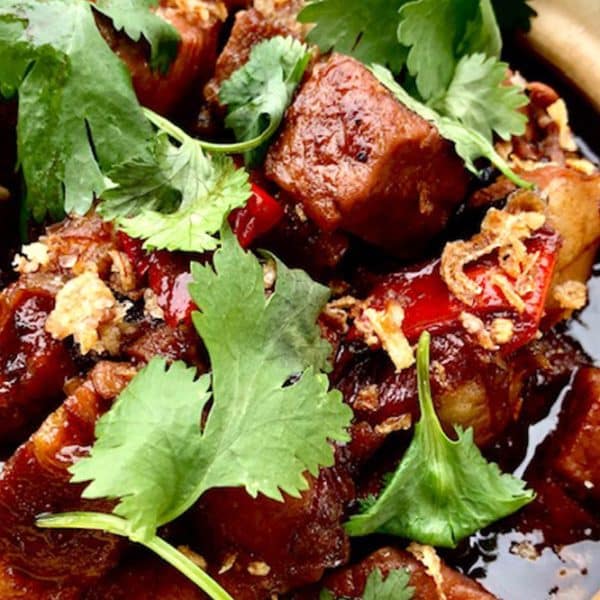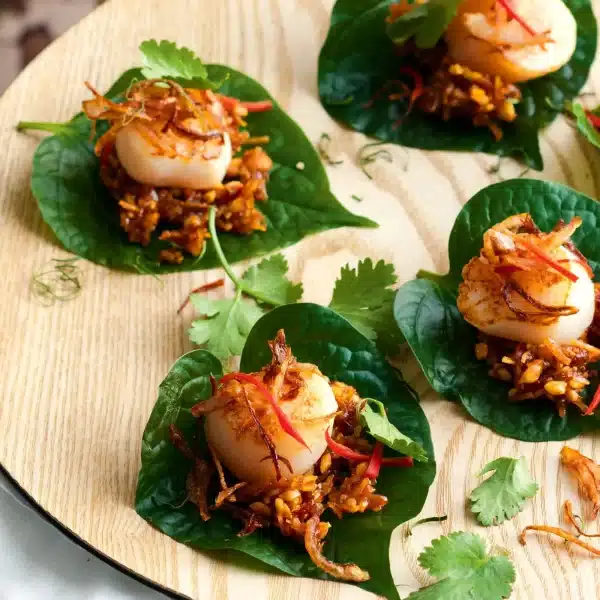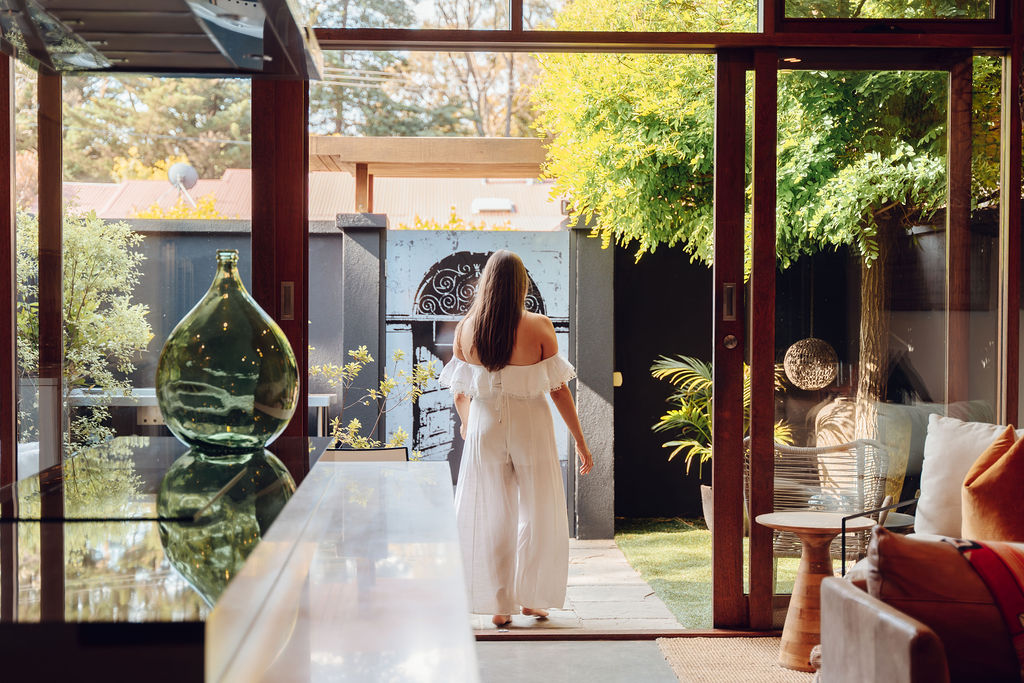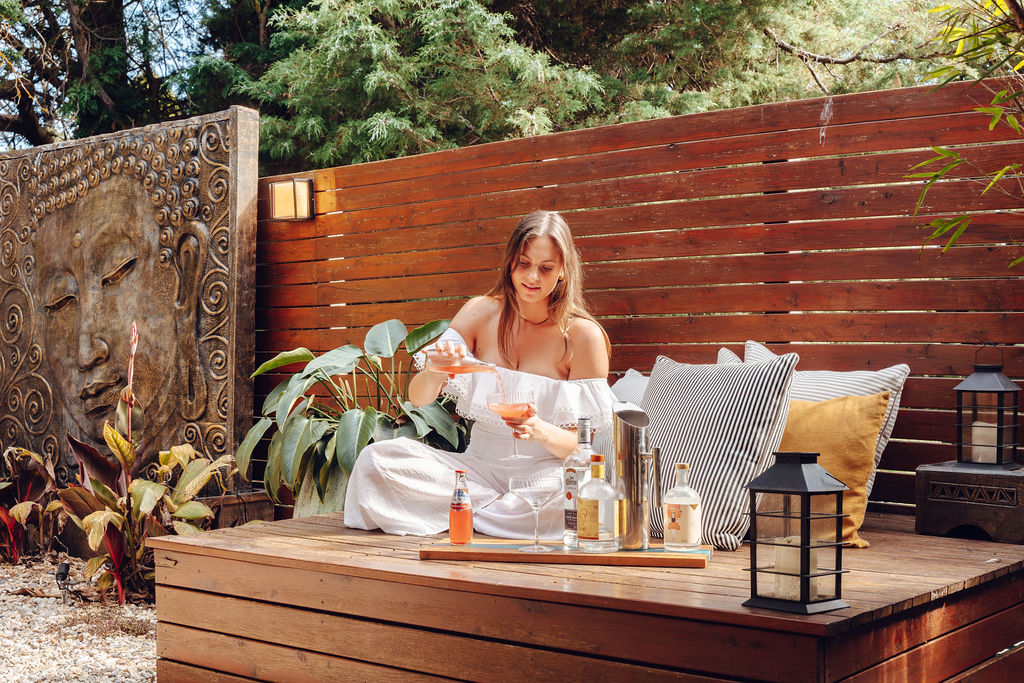| Recipe Adherence |
Students follow the recipe accurately, demonstrating precision in measurements and execution of steps. |
Students mostly adhere to the recipe, with minor deviations that do not significantly affect the outcome. |
Students partially adhere to the recipe, resulting in noticeable deviations from the intended dish. |
Students struggle to follow the recipe, leading to significant deviations and a compromised final product. |
Students disregard the recipe, resulting in an inedible or unsafe dish. |
| Culinary Techniques |
Students demonstrate proficient chopping, slicing, sautéing, and other cooking techniques. |
Students show competence in most techniques, with minor errors that do not impact the overall quality. |
Students struggle with some basic techniques, affecting the overall preparation. |
Students lack proficiency in fundamental techniques, impacting the quality of the dish. |
Students exhibit unsafe or unhygienic cooking practices. |
| Creativity |
Students showcase creativity in presentation, flavors, and ingredient combinations, enhancing the dish. |
Students demonstrate creativity, albeit with some conventional aspects in presentation or choice of ingredients. |
Students show limited creativity, with minimal innovation in presentation or flavor profiles. |
Students lack creativity, resulting in a dish with little variation or appeal. |
Students fail to exhibit any creativity, producing a bland and unappealing dish. |
| Teamwork and Communication |
Group demonstrates excellent collaboration, effective communication, and equitable distribution of tasks. |
Group works well together, with occasional communication lapses or uneven task distribution. |
Group experiences challenges in communication and collaboration, affecting overall efficiency. |
Group struggles with teamwork and communication, leading to inefficiencies and conflict. |
Group exhibits poor teamwork and communication, hindering progress and creating tension. |
| Nutritional Awareness |
Students demonstrate a clear understanding of nutrition, making informed choices in ingredient selection. |
Students display basic nutritional awareness, with some choices reflecting health considerations. |
Students show limited understanding of nutrition, making choices that may compromise the dish’s healthiness. |
Students lack awareness of nutrition, incorporating ingredients with little consideration for health. |
Students make unhealthy choices that significantly impact the dish’s nutritional value. |
| Safety and Hygiene |
Students consistently adhere to safety and hygiene guidelines, maintaining a clean and safe cooking environment. |
Students mostly follow safety and hygiene practices, with occasional lapses that do not pose significant risks. |
Students demonstrate inconsistent adherence to safety and hygiene guidelines, with notable lapses. |
Students frequently neglect safety and hygiene, posing potential risks to themselves and others. |
Students disregard safety and hygiene guidelines, creating an unsafe cooking environment. |
